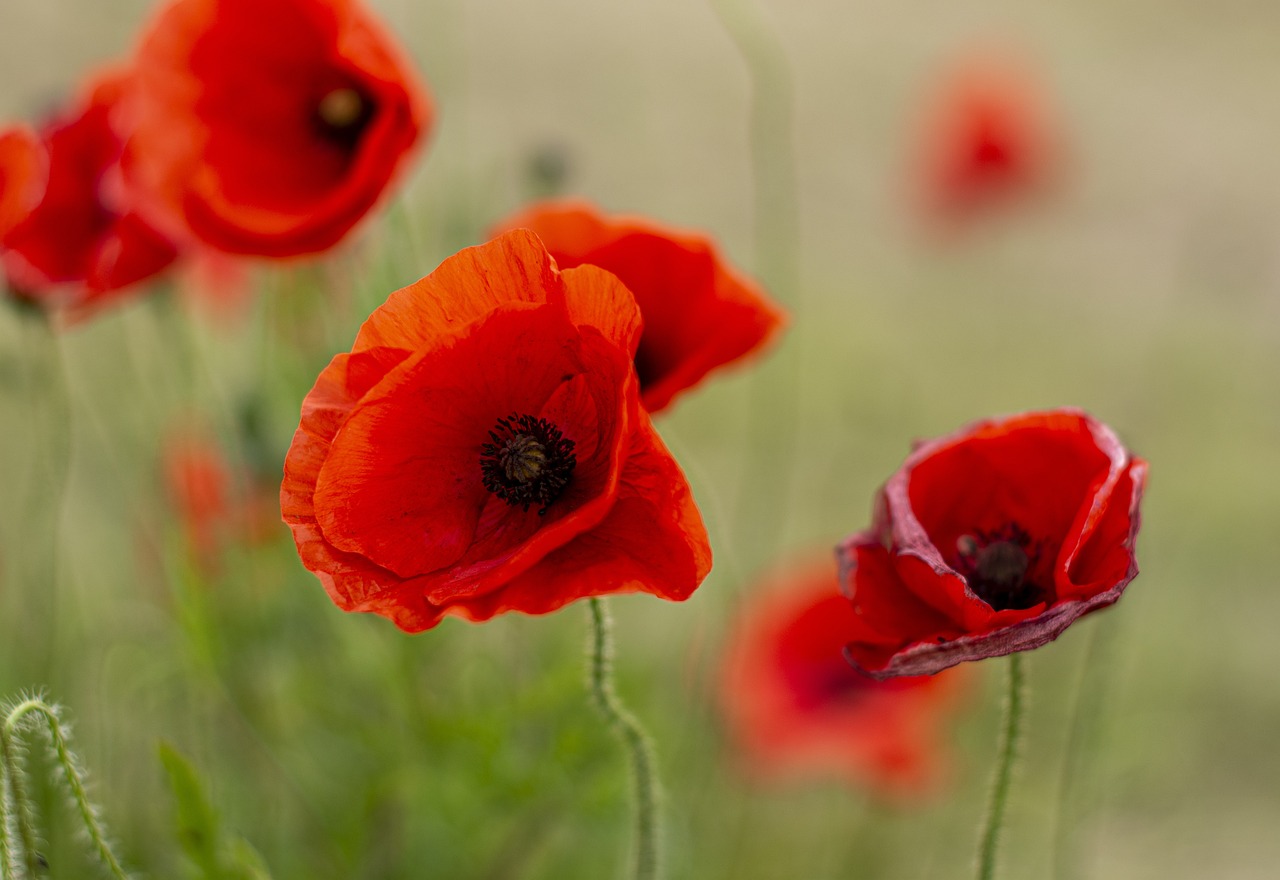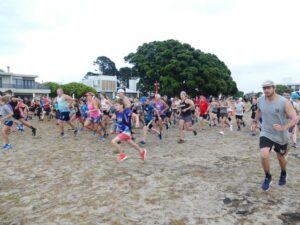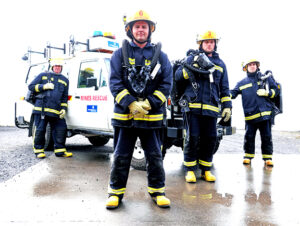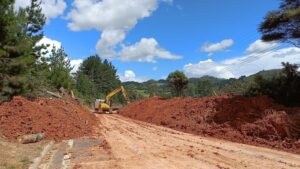April 25 will see district-wide commemorations for Anzac day, which holds special meaning for many. Gateway journalism student TALLIS AUSTEN recently asked people in Paeroa to share their memories and stories of what Anzac Day means to them.
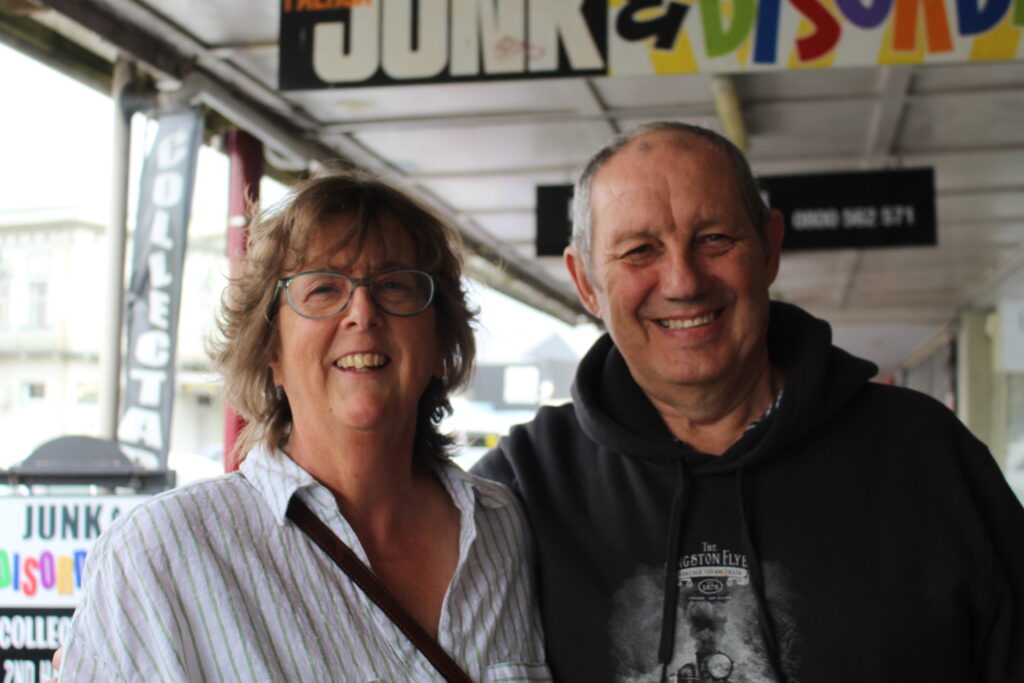
Gary and Fiona Wells-Lakeland, of Paeroa. Gary served in the British army, in the Household cavalry, while Fiona spoke of the younger generation being educated on Anzac Day. “We recently went to our grandchildren’s school, they had a remembrance day and they had the kids talk about heroes in their families. My father was in the second World War. I like the fact that my grandsons will get to know about my father and what he did.”
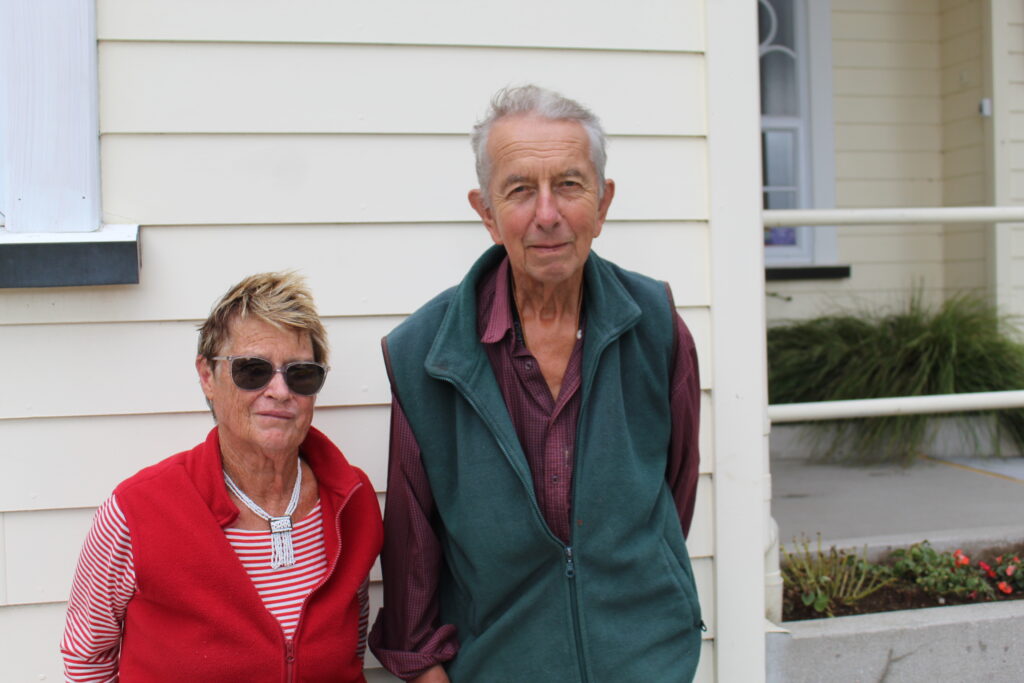
Jaqui Pokino and Graham Wine reflected on the stories of friends and family who served. Jaqui said that for her, Anzac Day was about “the memories of families who served”. “My father was an ex-navalman. He was captured, when he escaped the prisoner of war camp he had to walk across Europe on half a cup of cooked cabbage a day. He was skin and bones by the time he arrived,” Jaqui said. “My first husband lost both his legs in Vietnam while he was a lead scout, so I’m very familiar with what war does.” Graham said: “I had a friend who was from London. They had a terrible time, them and their neighbours. They were bombed out of their houses”.
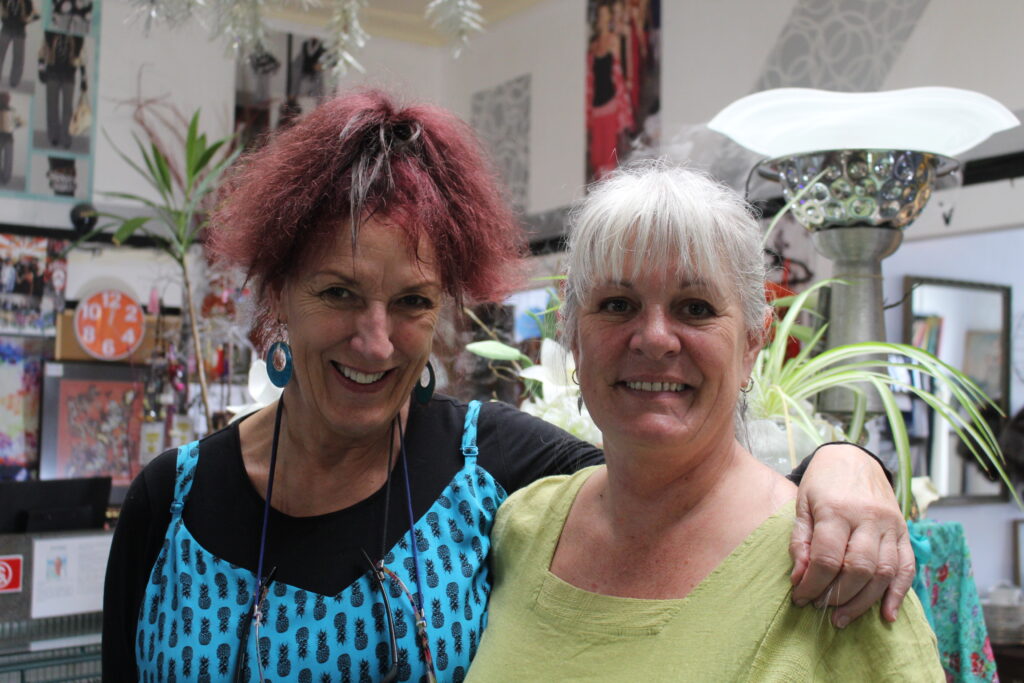
Amanda Hart, of Waihi, and Deb Leonard, of Upstairs Downstairs, shared a common Anzac related connection. “Both of our fathers served in the second World War, in the air force, and both would have been a hundred if they were still alive today,” Deb said.
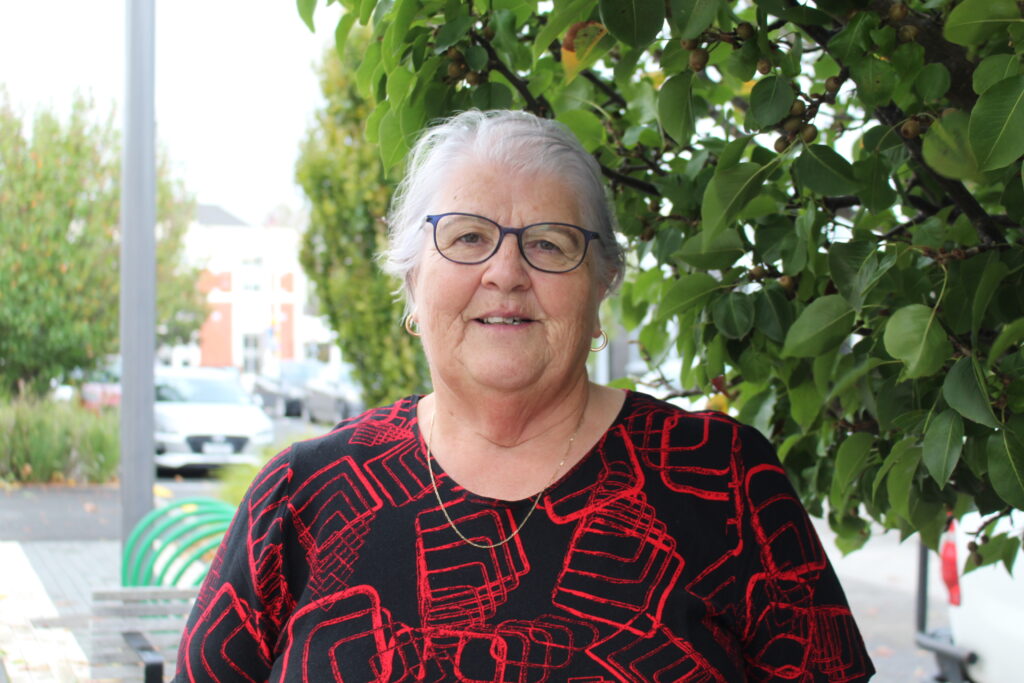
Janet Morighan: Anzac Day helps me remember my grandfather and my father, one served in World War I, and one served in World War II. So Anzac does have meaning to me, it means for me, there should be peace for all of us in New Zealand.”
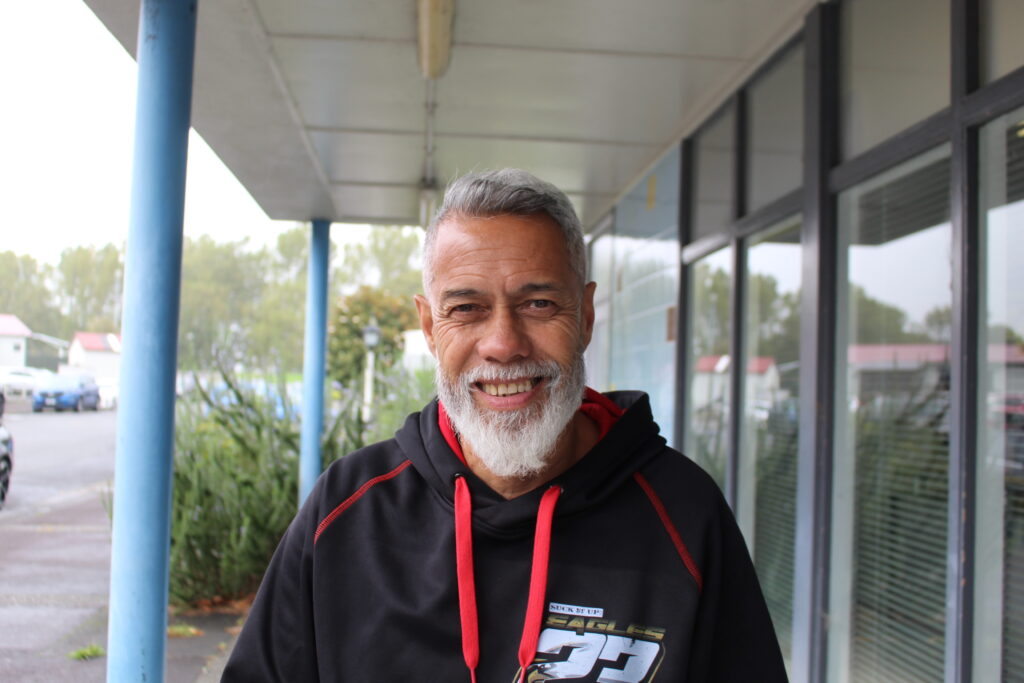
Rino Wilkinson: “Anzac Day is a special day for me, I enjoyed it during Covid, when people went out to the front of their houses and did their silence. My neighbours, I honestly don’t see them at these things, but in Covid they all came out in their dressing gowns, cuppa teas, cause that was the only way you could do it then as a mark of respect. It’s celebrated in the new modern era with quite a vast audience. I’ve seen it grow over recent years with the younger generation turning up a lot more these days, it’s good to see the younger ones. Primary schools, there’s different groups, you know St Johns, and stuff like that.”

